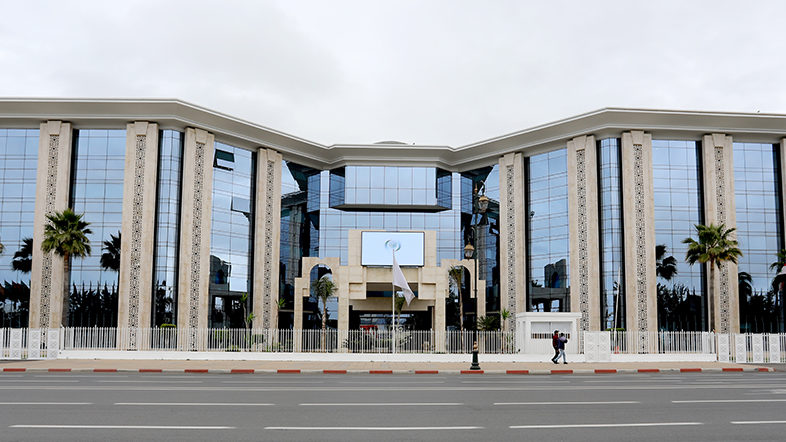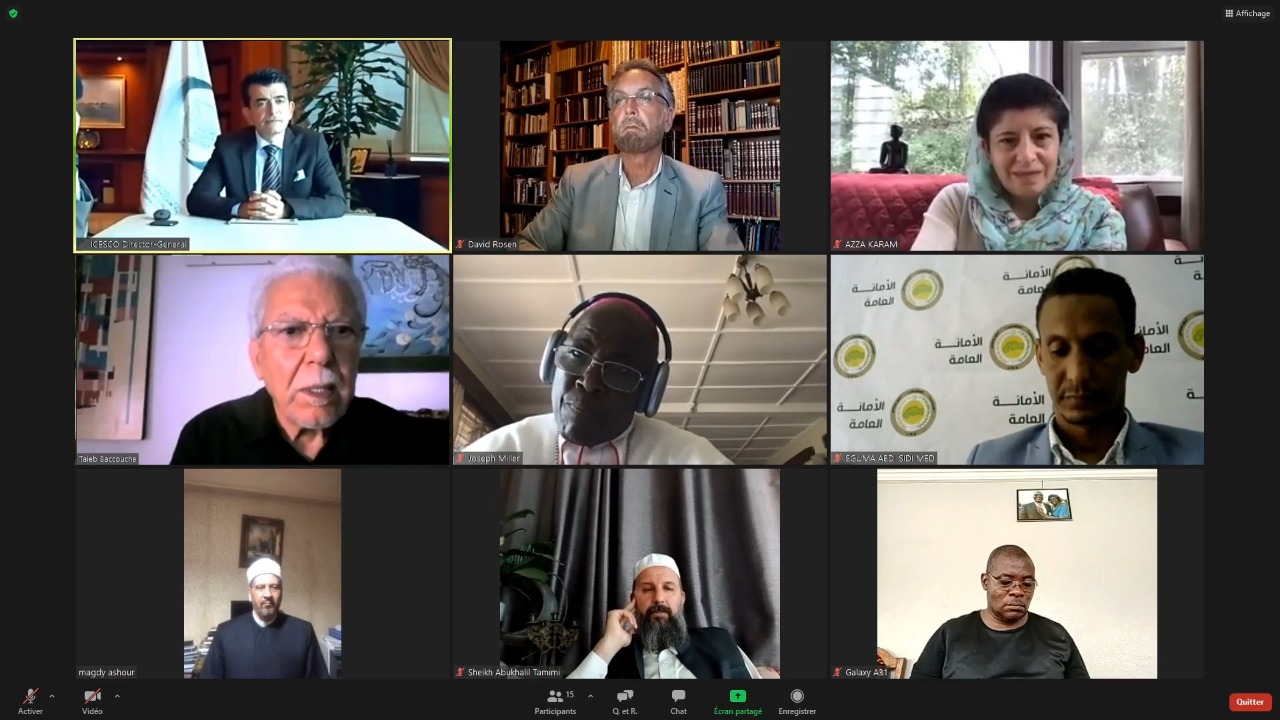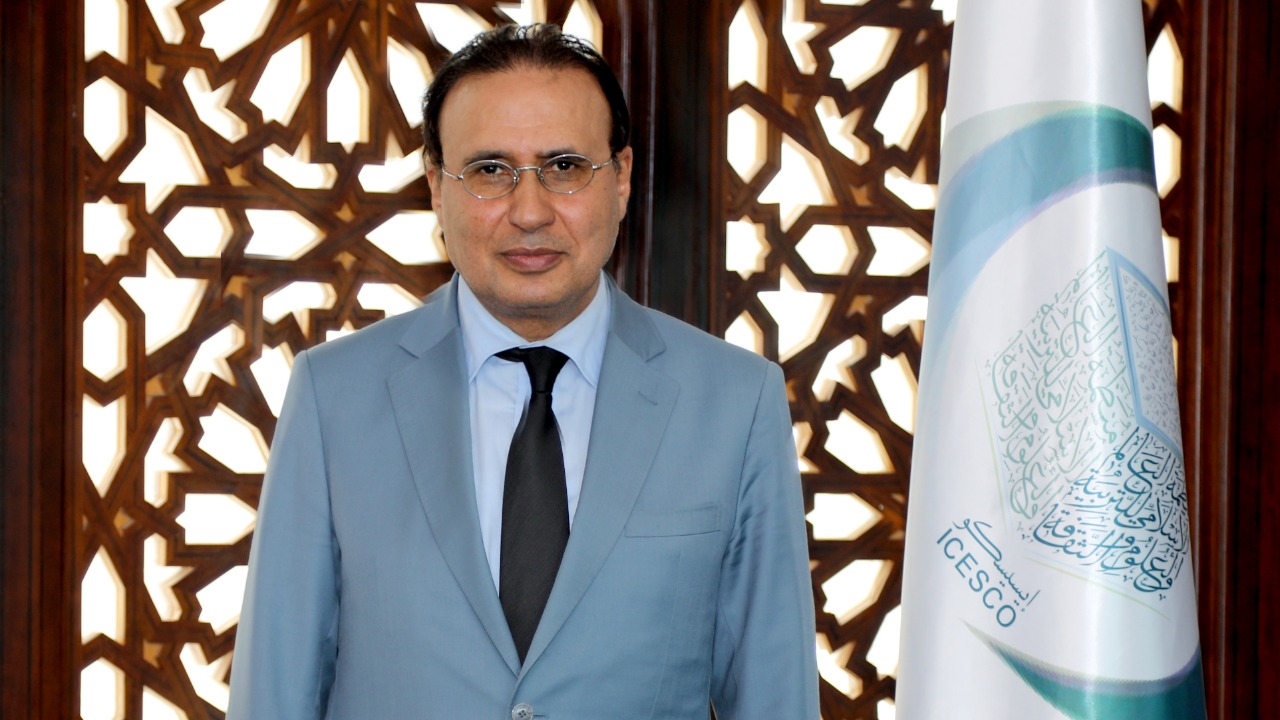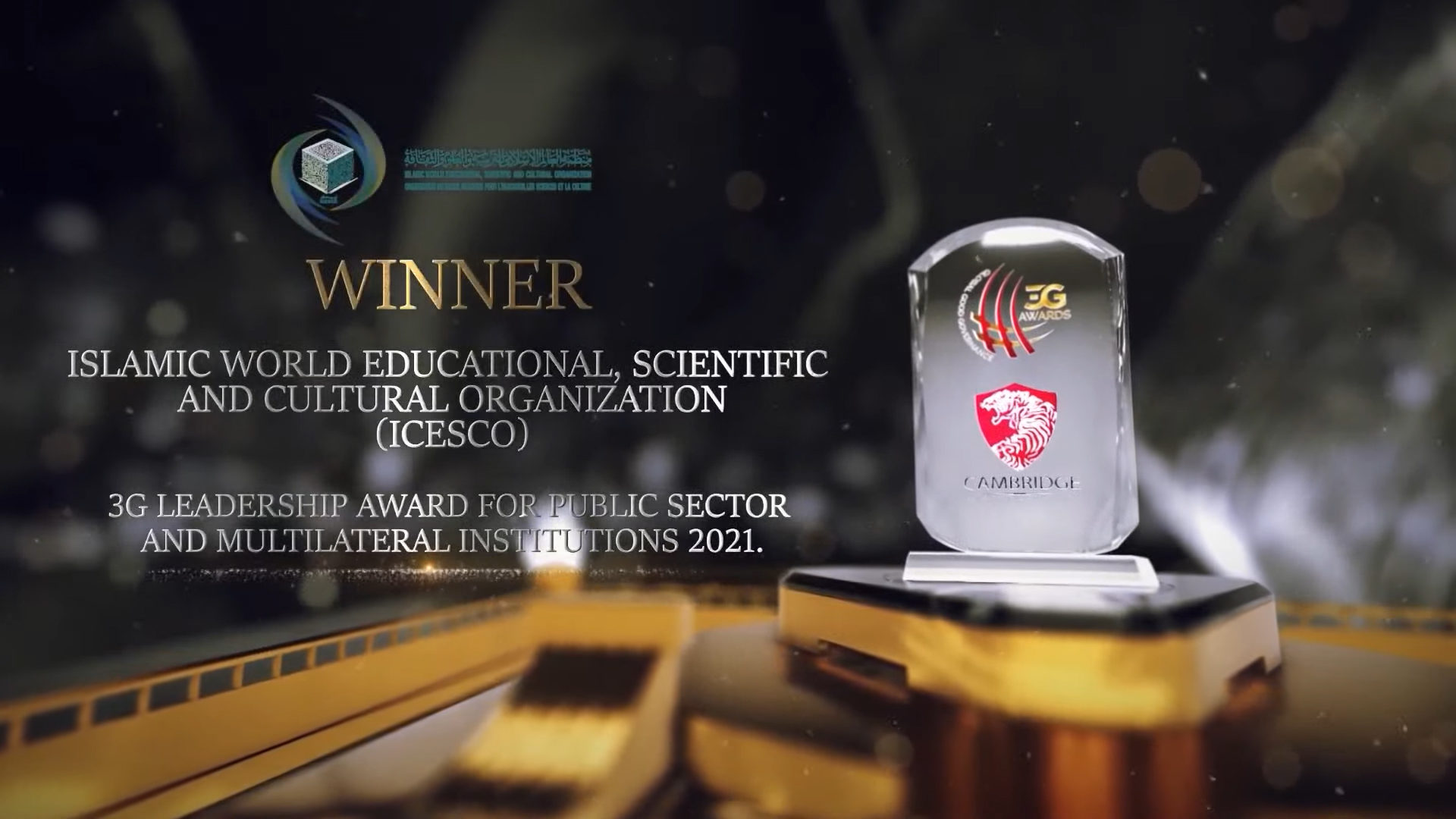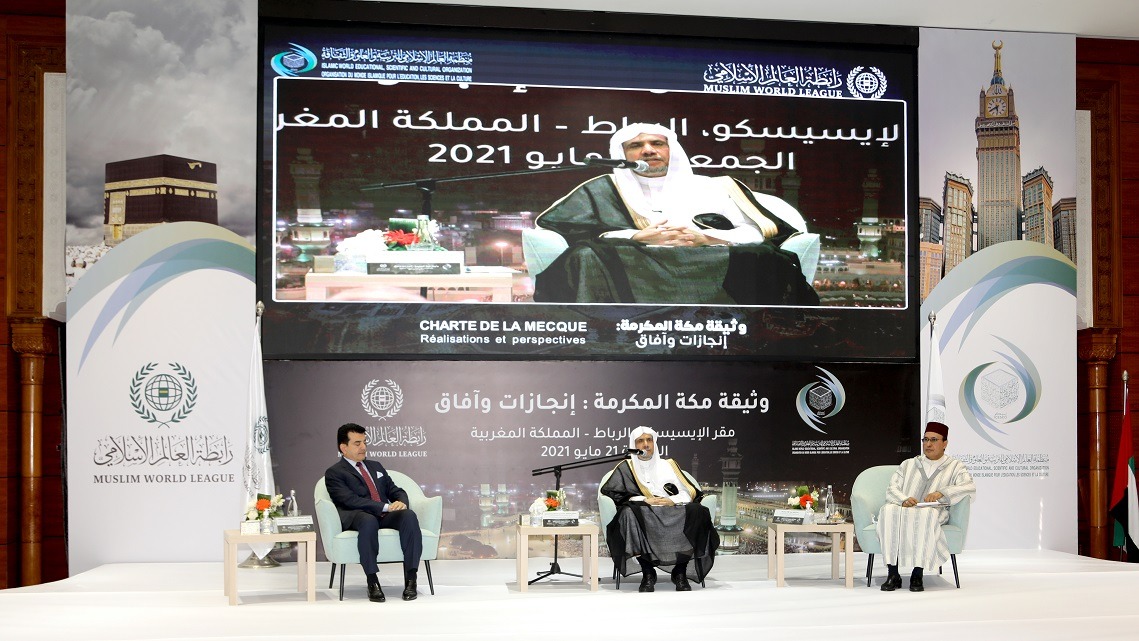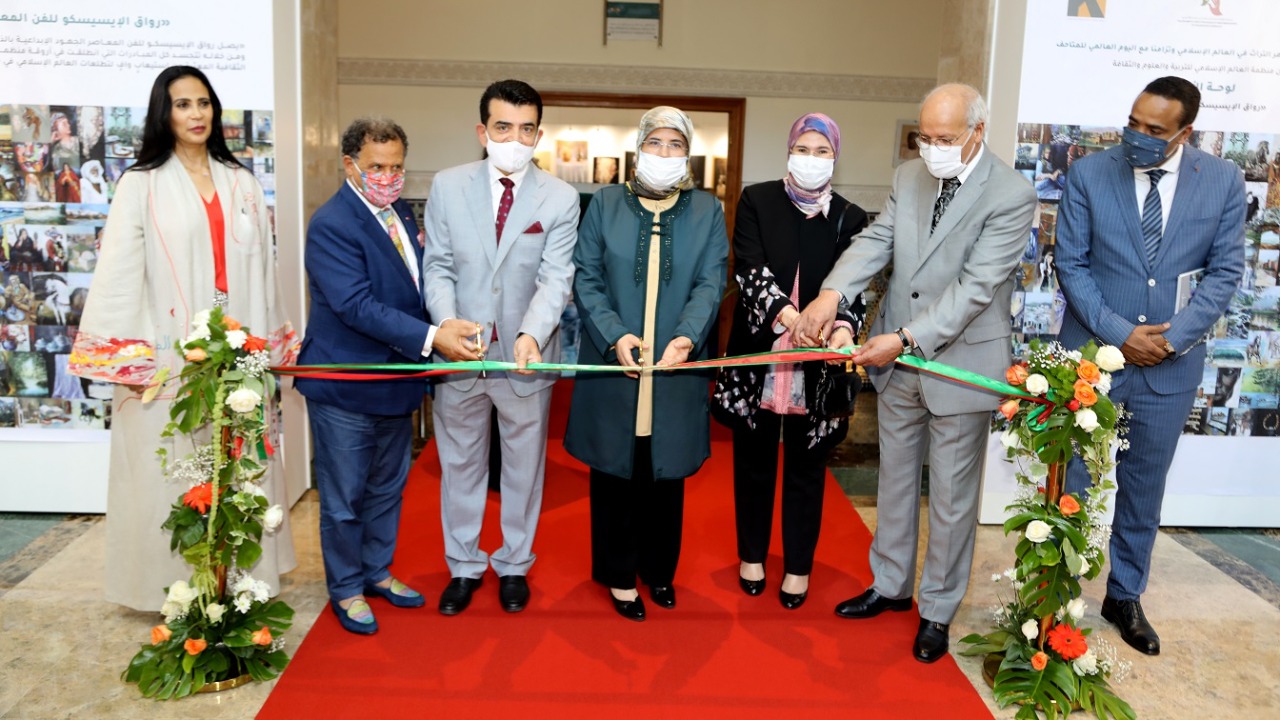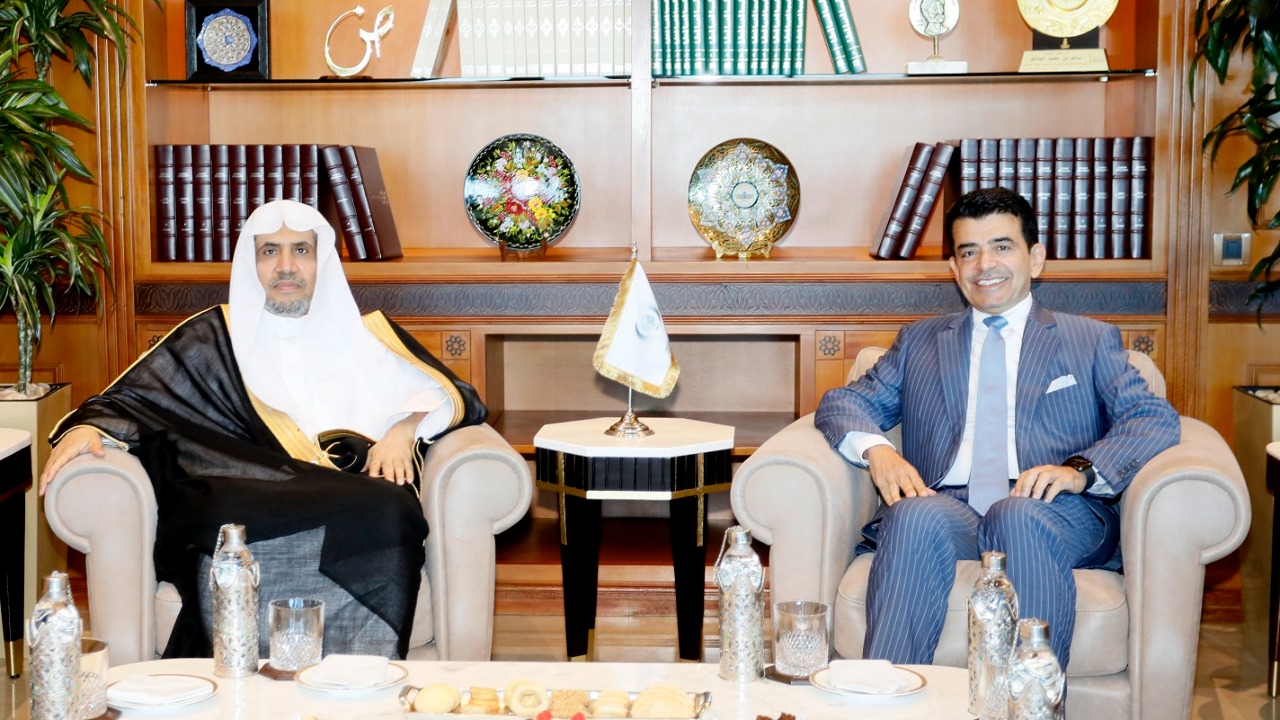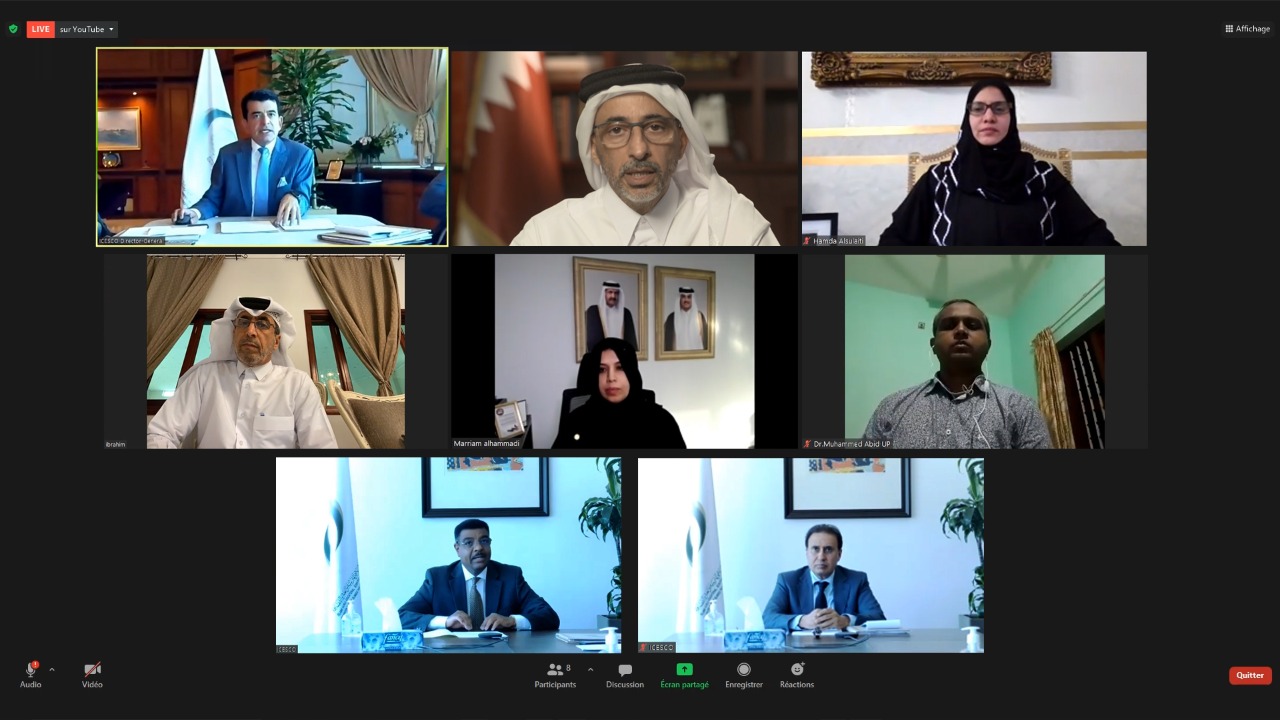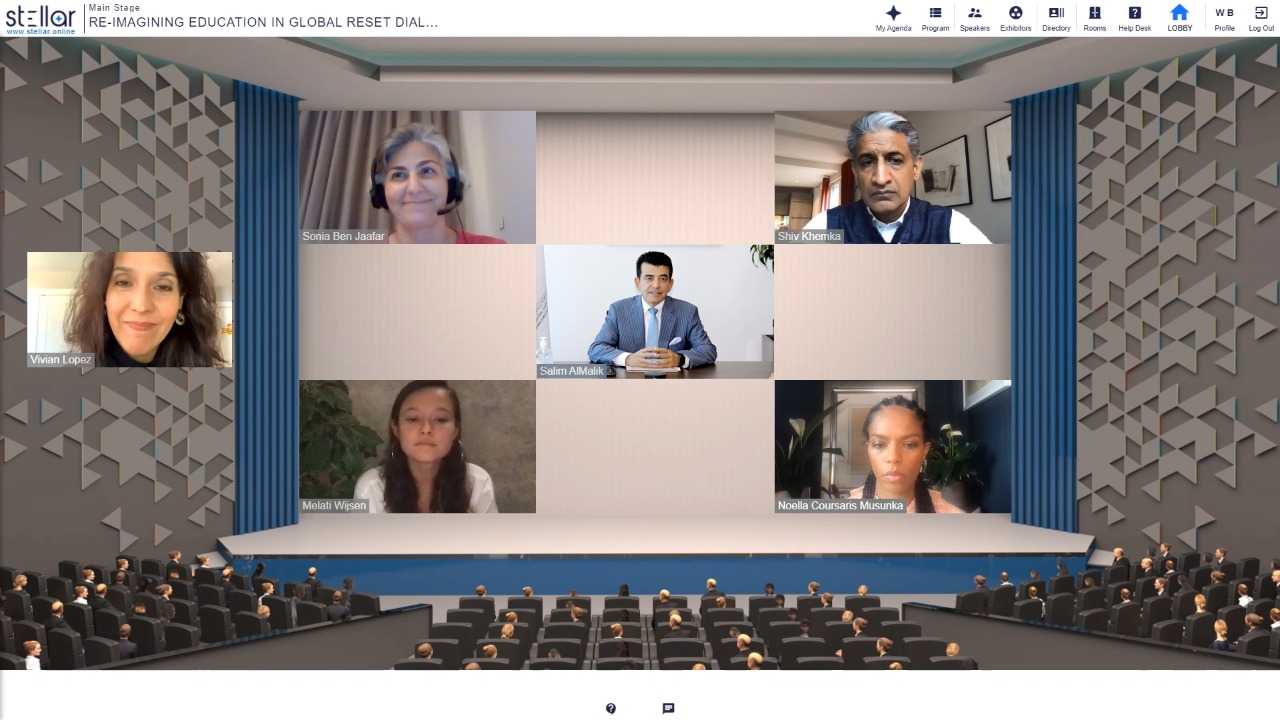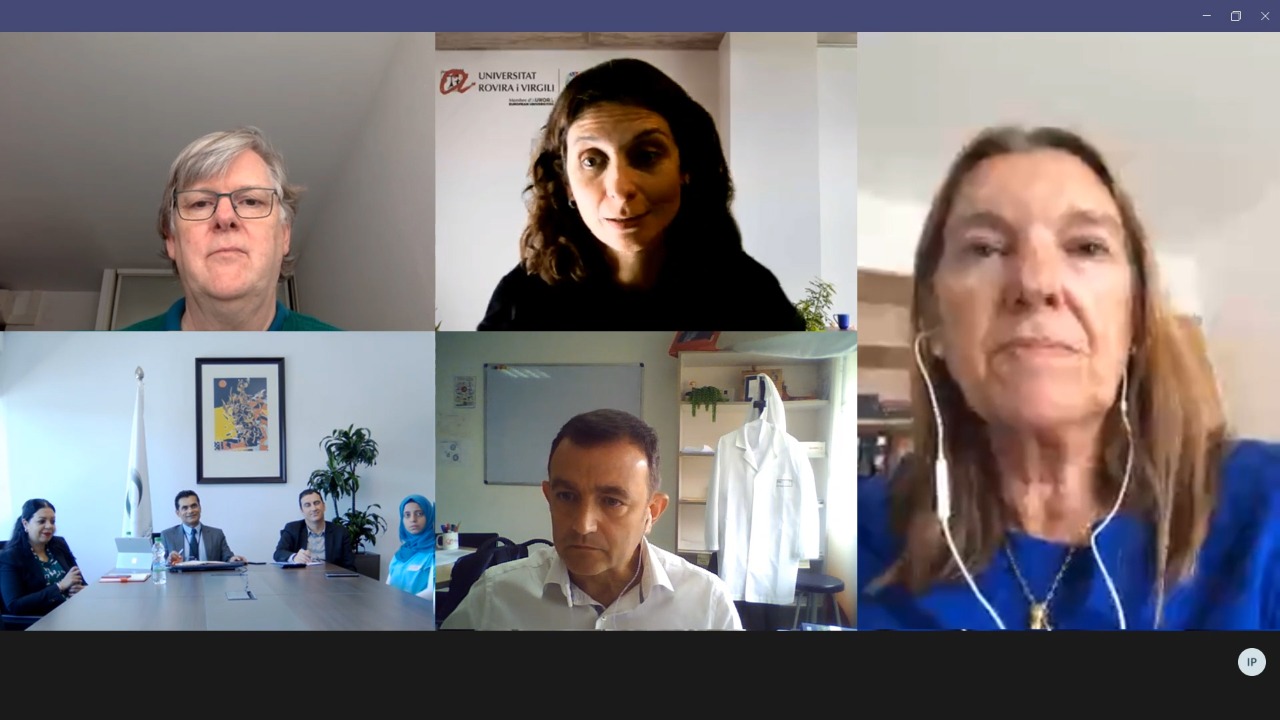With the participation of prominent international figures, thinkers and scholars from inside and outside the Islamic world, the International Conference on the Civilizational Values in the Prophet’s Seerah will start tomorrow, May 27, 2021, under the theme “Towards a future vision for the Prophet’s Seerah,” that the Islamic World Educational, Scientific and Cultural Organization (ICESCO) will hold, in partnership with the Muslim World League (MWL) and the Mohammedia League of Religious Scholars, in Morocco, under the High Patronage of His Majesty King Mohammed VI of Morocco
The Conference, which will be held both at ICESCO headquarters, in Rabat, and through videoconference, will start at 09:00 GMT (10:00 Rabat time) with the recitation of verses from the Holy Quran, followed by the honorary session, which features the addresses by the guests of honor, namely Mr. Imran Khan, Prime Minister of Pakistan; H.R.H. Prince Charles, Prince of Wales, United Kingdom; H.R.H. Prince Hassan bin Talal, Chairman of Arab Thought Forum, Jordan; and Mr. Miguel Angel Moratinos, High Representative of the United Nations Alliance of Civilizations (UNAOC).
Afterward, two videos will be screened, one that ICESCO produced on the lineage of the Prophet (PBUH) and the other one on the most prominent testimonials about the Prophet (PBUH). Dr. Salim M. AlMalik, ICESCO Director-General (DG); Dr. Ahmed Abbadi, Secretary-General of the Mohammedia League of Religious Scholars; and Dr. Muhammad bin Abdulkarim Al-Issa, MWL Secretary-General, will then give their respective addresses. The next session will feature a video on the Museum of the Prophet’s Seerah in Al-Madina Al- Munawarah followed by a Madih break.

The representatives of the participating institutions will then deliver their respective addresses, namely Dr. ShawKi Allam, Grand Mufti of Egypt; Sheikh-ul-islam Allahshukur Pashazadeh, Mufti of Azerbaijan and the Caucasus; Dr. Mustapha Benhamza,President of Ulemas Council of Oujda, member of the Supreme Ulemas Council, Kingdom of Morocco; Dr. Farhan Nizami, Director of Oxford Centre for Islamic Studies, London; Dr. Amer Al-Hafi, Academic Consultant of the Royal Institute for Inter-Faith Studies, Al al-Bayt University, Jordan; Prof. James Patton, President of the International Center for Religion & Diplomacy, Washington D.C.; and Anba Philotheus Faraj, Global Peace Ambassador, Khartoum.
In a recorded video, Joram Van Klaveren will share with the participants his experience in converting to Islam and seeking guidance from the Prophet (PBUH).
The agenda also includes four working sessions on the following respective topics: Prophet’s Seerah and academic efforts, Prophet’s Seerah and functional dimensions, Prophet’s Seerah and contemporary issues, and world testimonials about the Prophet and his final message.
In conclusion, the Conference will issue its declaration and executive recommendations, which will be shared in many languages with the international organizations, institutions and bodies specialized in culture and civilizational dialogue.
You can follow the Conference live on the official Facebook page of ICESCO via the link below:

